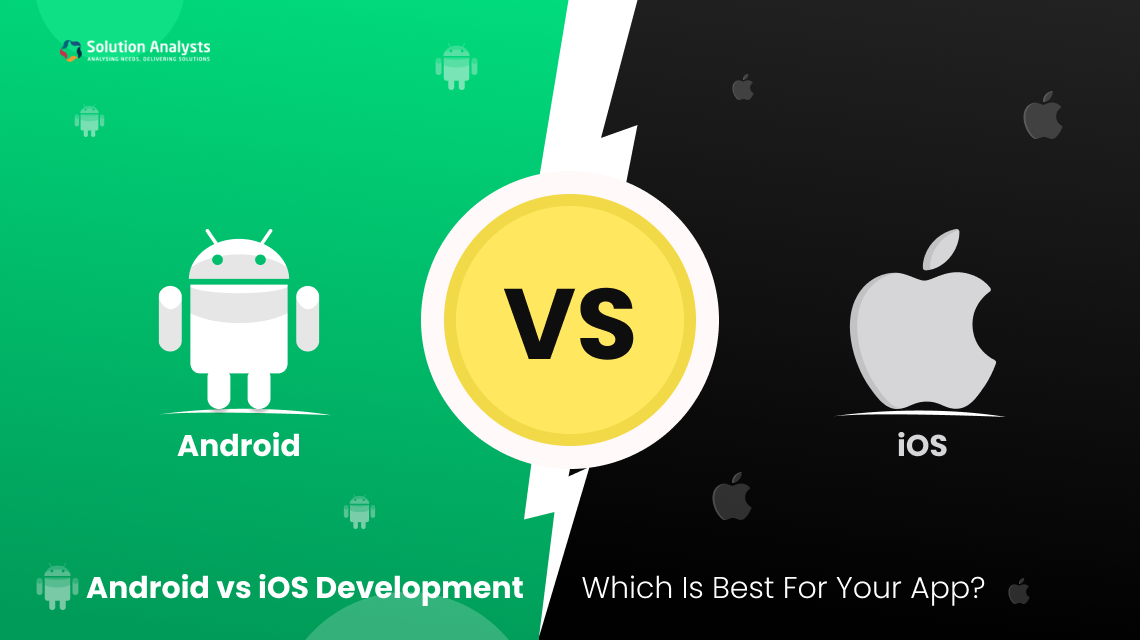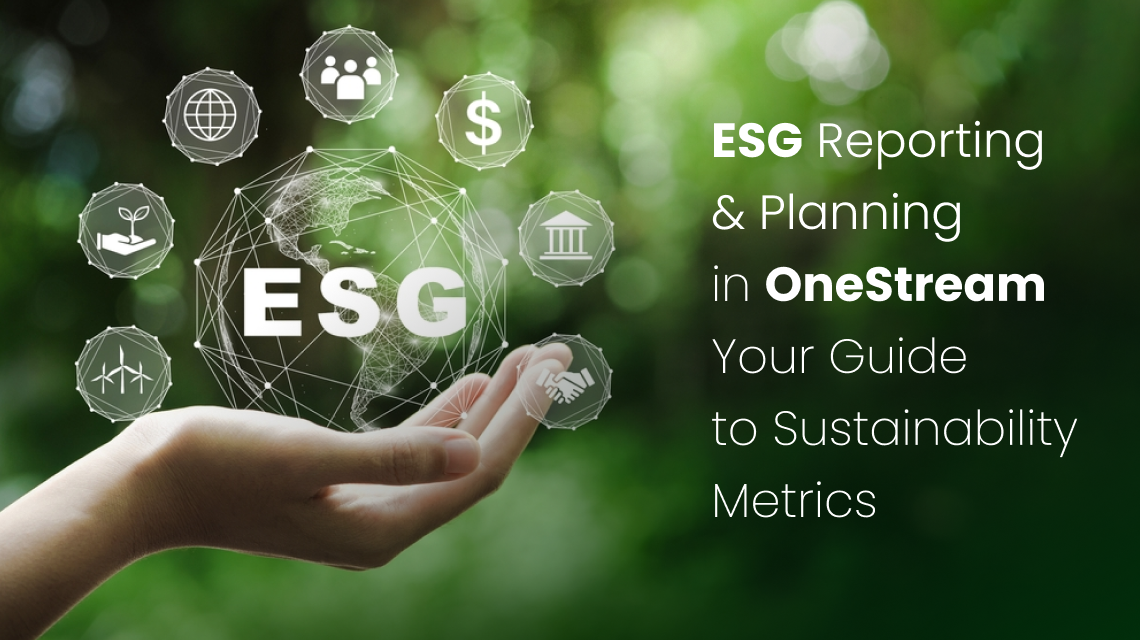
Table of Contents
One of the most important things to consider when making plans to build a mobile app is whether to use the Android or iOS platform. Although they cater to different demographics and have different technological needs, these two platforms have cornered the mobile market worldwide. So, how does one go about selecting the optimal platform for their app? To help you choose the right platform for your project, this blog will compare and contrast Android and iOS development, going over their respective advantages and disadvantages.
1. Audience Demographics and Market Share
Consider the platform’s audience and market share before getting into the technical details:
- Android:
About 70% of the world’s smartphones run on Android, making it the most popular operating system. Its dominance is most pronounced in developing economies across the African continent, Latin America, and India. In terms of income and device types, Android users are known to be more diverse.
- iOS:
North America, Western Europe, and Australia make up a disproportionately large portion of iOS’s very tiny but highly concentrated market share. iOS consumers tend to have more discretionary spending, which makes the platform more appealing for apps that provide in-app purchases and premium features.
Choosing Based on Audience:
You should use Android if you want to reach more people throughout the world or if your target market is in a developing market. You might want to consider iOS if your app caters to wealthy consumers and prioritizes premium features.
2. The Tools and Complexity of Development
There are significant complexity differences between the two systems, despite the fact that both provide powerful development tools:
Building an Android App:
- Android applications are mostly developed in Kotlin or Java.
- Android Studio is the official IDE for Android, providing robust testing and debugging capabilities, and is an essential tool for developers.
- Android developers face device fragmentation due to the large range of devices, screen sizes, and OS versions. This adds another layer of difficulty to app creation as developers must optimize their work for various devices.
Creating an iOS App:
- Swift or Objective-C are the programming languages used to create apps for iOS.
- Tools for Development: Xcode is the official integrated development environment (IDE) for iOS. It is well-known for its robust testing and debugging capabilities and its seamless connection with Apple’s ecosystem.
- Device Consistency: When it comes to the fragmentation of devices, iOS development is easier. Developers face fewer compatibility challenges due to uniform screen sizes and device models.
Choosing Based on Development Complexity:
Android is a fantastic choice if your team is ready to deal with device fragmentation and is proficient in Java or Kotlin, which is a development complexity metric. Perhaps iOS is the way to go if you’re looking for a less complicated programming environment with fewer device variables.
3. Time to Market and Development Speed
- Android:
It could take more time to design, test, and optimize an Android app because of the complexity of supporting multiple devices and OS versions.
- iOS:
Due to iOS’s more constant software upgrades and the fact that developers only need to make adjustments for a small subset of devices, the development cycle for iOS apps is typically shorter.
Considering Time to Market: iOS could be a good choice if you want to launch fast and have less development hurdles. But Android apps can also be efficiently produced with a well-organized team.
4. Possibility of Earnings
A major consideration for companies is the generating of revenue. This is the comparison between the platforms:
- The Android platform:
Despite Android’s greater user base, ad-based models generate the majority of revenue. The likelihood of Android users paying for apps or making in-app purchases is low.
- iOS:
The majority of iOS users shell out more cash for premium apps, in-app subscriptions, and in-app sales. Therefore, direct sales and paid services typically bring in more money for iOS apps.
If you want to make money through in-app purchases or premium pricing, then iOS is the way to go. The bigger user base on Android might be better for ad income generation.
5. The Process of App Store Approval
- Google Play Store for Android :
There is a noticeable speed difference when publishing to Google Play. Because of how quickly apps are evaluated and authorized, it’s much quicker to distribute updates and new features. - Apple App Store (iOS):
The Apple App Store’s approval procedure is more rigorous and can take several days for iOS apps. There will be stiffer rules and longer wait times for approvals, but the process will guarantee better apps.
If you’re looking for a more flexible app store with a quicker release cycle, go no further than Android’s Google Play Store. Perhaps iOS’s stringent review process would be useful if user confidence and quality control were prioritised.
6. Maintenance and Updates
Android:
Android app maintenance and updates can be time-consuming because there is such a wide variety of devices and operating system versions. This is particularly true when releasing upgrades that must be compatible with older devices.
iOS:
Due to Apple’s limited device support and constant update cycle, app maintenance is made easy. We don’t need to support older systems as much as most iOS users upgrade to the latest OS version fairly rapidly.
When it comes to maintenance, iOS provides a more streamlined approach, which is a major consideration for those who value efficiency. Because of its disjointed environment, Android is more difficult to work with.
Conclusion: Which One Is Ideal for Your App?
You should consider your business goals, target audience, and technological needs while deciding between Android and iOS. Both platforms have their strengths. Android is great if you want to reach a worldwide audience, have a lot of control, and make money from ads. Conversely, iOS can be the way to go if you’re aiming for wealthier regions, increased in-app purchase revenue, and a simplified development process.
Creating an app that works on both iOS and Android is often the best way to increase your app’s exposure and income. This is made possible with a single codebase using cross-platform development technologies like as Flutter and React Native. In the end, you may better align your decision with your app’s goals by learning about the advantages and disadvantages of each platform.

Rajan Shah
Technical Manager
Rajan Shah is a Technical Manager at Solution Analysts. He brings almost a decade of experience and a genuine passion for software development to his role. He’s a skilled problem solver with a keen eye for detail, his expertise spans in a diverse range of technologies including Ionic, Angular, Node.js, Flutter, and React Native, PHP, and iOS.











 sales@solutionanalysts.com
sales@solutionanalysts.com biz.solutionanalysts
biz.solutionanalysts






